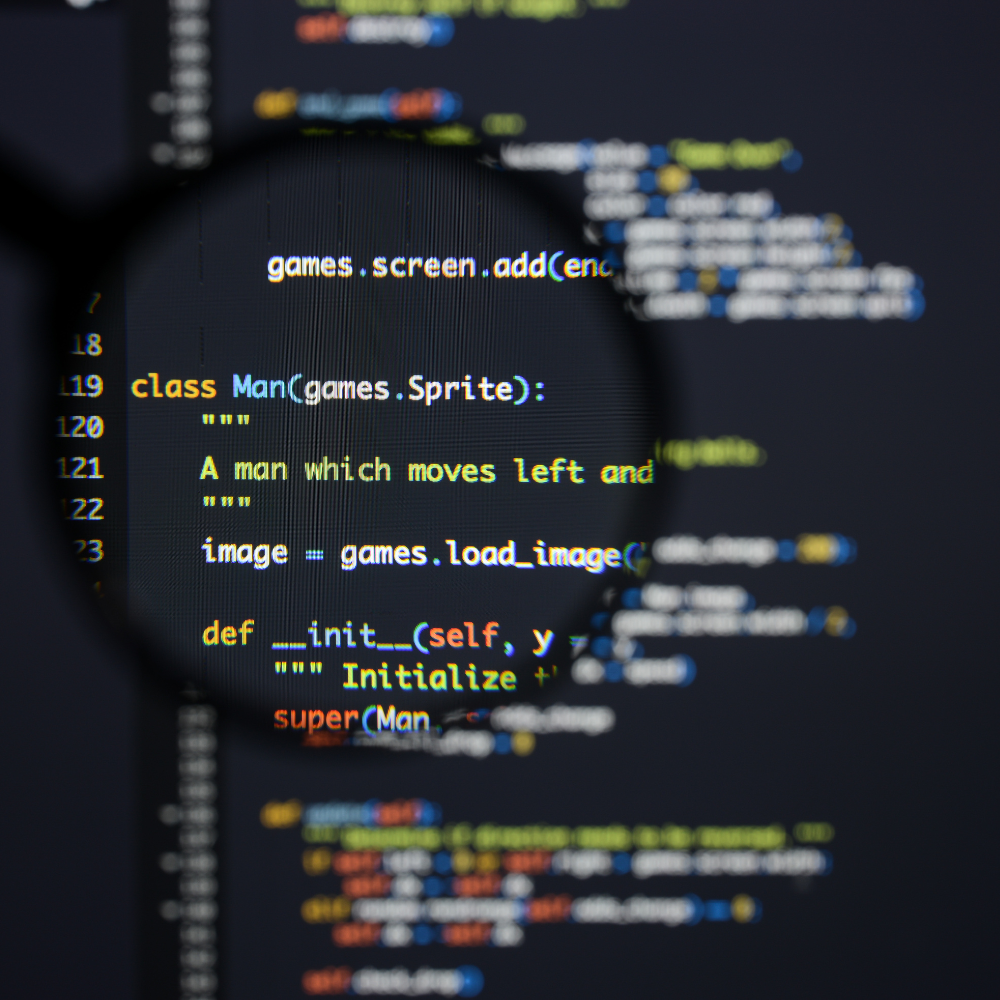Top 10 Python Tools
It’s not unusual to hear that Python is among the most popular languages used by Developers as well as in it’s Data Science community. Although there are many reasons for the popularity of Python but it’s mostly due to two main factors.
It also provides comprehensive coverage (libraries tools, tools and more.) for scientific computing as well as Data Science.
There are many reasons to utilize Python to conduct data science.We will discuss the most commonly utilized Python tools used by coders, developers and Data Scientists across the world. These Python tools can be useful for a myriad of reasons if you can make them work. Therefore, with no any further delay, let’s take a examine the top Python tools that are available!
Data Science Python tools
1) Scikit-Learn
Scikit-Learn is an open-source software developed to support Data Science and Machine Learning. It is widely utilized by Developers, ML Engineers, and Data Scientists for data mining and data analysis. One of the best advantages of Scikit-Learn is its speedy performance in conducting different benchmarks with small datasets.
The most important features of this software are classification, regression clustering, dimensionality-reduction, models selection and pre-processing. It provides a uniform and user-friendly API as well as grids and random search results.
2) Keras
Keras is an open-source advanced neural networks library that is written in Python. It is ideally suited for ML as well as Deep Learning. Keras is built upon four key principles: user-friendliness and modularity, as well as ease of extensibility and the ability to work with Python. It lets you express neural networks the simplest method possible. Because Keras was written using Python it is able to run on top of the most popular neural network frameworks, such as TensorFlow, CNTK, and Theano.
3) Theano
Theano is A Python library specifically designed for the expression of multi-dimensional arrays. It lets you define an array, optimize it, and test mathematical calculations that are multi-dimensional arrays. One of its unique characteristics include its close integration with NumPy and its transparent use of GPU efficient symbolic differentiation speed and stability optimizations as well as active C code generation and extensive unit-testing just to name just a few.
4) SciPy
SciPy is an open source Python library that is that is used for technical and scientific computing. It is widely used in the fields of Mathematics, Science, and Engineering. SciPy makes use of other Python applications, like NumPy IPython or Pandas to build libraries for the most common scientific and math-related programming. It’s a fantastic instrument for manipulating numbers on a PC and produce visual results too.
5) Selenium
Selenium is definitely one of the top Python toolkits for development. Selenium is an automation platform that is open that can be used for web-based applications. With Selenium it is possible to write test scripts in a variety of other programming languages, such as Java, C#, Python, PHP, Perl, Ruby, and .Net.
6) Robot Framework
Robot Framework is another open-source general test automation framework that was designed to test acceptance and testing driven development (ATTD). It utilizes the syntax of tabular test data and is driven by keywords. Robot Framework incorporates a variety of frameworks for various testing automation needs.
It is possible to expand the framework’s capabilities by further integrating using Python and Java libraries. Robot Framework is a great tool not just for web app testing, but as well to automate tests on Android and iOS automated testing.
7) TestComplete
TestComplete is an automation test software that allows mobile, web, and desktop automated testing. It is required to purchase an official license before being permitted to use the. TestComplete can also conduct keyword-driven tests, much as Robot Framework. It also comes with a simple-to-use recording and playback function.
It is compatible with a variety of scripting languages, such as Python, VBScript, and C++ script. Similar to Robot Framework, software testers can run tests using keywords. One of the most notable features that is unique to the Python software is the fact that it’s GUI object recognition capabilities are able to detect and modify UI objects. This reduces the time needed to keep test scripts up-to-date.
Scraping Python tools for the Web Scraping Python tools
8) Beautiful Soup
Beautiful Soup Beautiful Soup is Beautiful Soup is a Python library that extracts information in HTML or XML files. It can be integrated with the parser you prefer to use a variety of Pythonic phrases for navigation search, modifying, or rearranging the parse tree. This tool is able to transform incoming documents into Unicode and documents that are sent out to UTF-8. It can also be employed in projects like screen-scraping. It’s a fantastic tool that could help you save hours of time.
9) LXML
LXML is a Python-based program developed to work with C libraries namely libxml2 and the libxslt. It’s extremely feature-rich and is among the easiest libraries to use to process XML as well as HTML within Python. It allows safe and secure access to the libxslt and libxml2 libraries through ElementTree API. ElementTree API.
Unique is the way it blends its speed as well as XML capabilities of these libraries, with the ease of an native Python API. Additionally it expands it’s ElementTree API to provide support for XPath, RelaxNG, XML Schema, XSLT, and C14N.
10) Scrapy
Scrapy is an open source, collaboration framework that is written using Python. It is essentially an application framework to create web crawlers (the classes that the user creates) that search for web pages and extract information from these. It is utilized to extract information from websites.
Scrapy is a quick high-level web crawling, high-level scraping framework that can be used for other tasks , including automatic testing and data mining and so on. It is able to run efficiently on the three main operating systems, which are, Windows, macOS, and Linux.
Bonus: 11) Urllib
Urllib is an Python software that was created to help you collect and open URLs. It comes with a variety of modules and functions for working with URLs. For example, it utilizes “urllib.request” for opening and reading URLs that are primarily HTTP; “urllib.error” to define the exception classes that are used for the exceptions that are raised through urllib.request; “urllib.parse” to establish a standard interface that can break Uniform Resource Locator (URL) strings into components and “urllib.robotparser” function to create one class.
These Python tools cover an array of requirements and capabilities, regardless of who uses these tools. No matter if you’re an Data Scientist or developer, or a software Engineer These are the most effective Python tools used by tech experts all over the globe.
Enroll in Our Course



